Keywords: Pacific
There are more than 200 results, only the first 200 are displayed here.
-
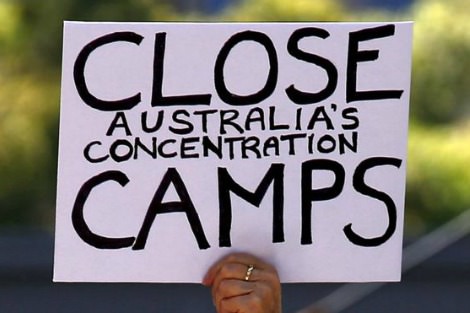
INTERNATIONAL
- Frank Brennan
- 28 April 2016
33 Comments
A bench of five justices of the Supreme Court of Justice, the highest court in Papua New Guinea, has unanimously ruled that the detention of asylum seekers on Manus Island is unconstitutional. Yet again, Australia has been complicit in its Pacific neighbours (PNG and Nauru) prostituting their Constitutions and undermining the rule of law in exchange for a fistful of dollars, with hapless asylum seekers, most of whom are ultimately proved to be refugees, being left to languish.
READ MORE 
-
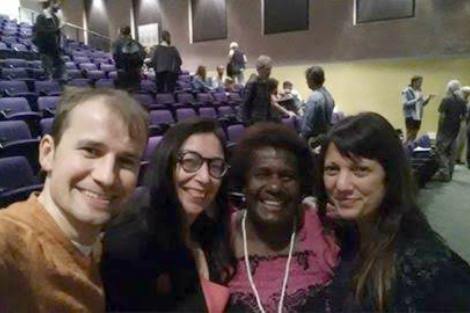
ENVIRONMENT
Ursula Rakova told how the sea that had been the friend of her people, was turning against them. It had crashed through and divided her island in two. Coconut palms were collapsing at the new shoreline. Food gardens were lost, as the soil was increasingly rendered infertile by salty tides that washed over them. The land that had been handed from grandmother to daughter, would bequeath no legacy to the granddaughters. The homeland of generations was disappearing before their eyes.
READ MORE 
-
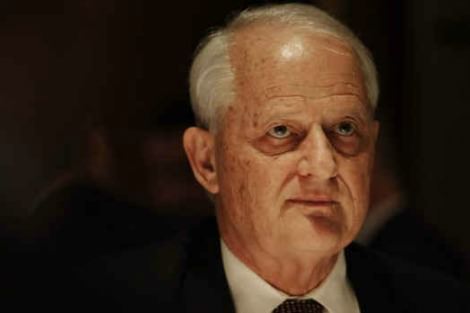
AUSTRALIA
- Justin Glyn
- 15 February 2016
7 Comments
If Phillip Ruddock's appointment as Australia's first special envoy to the United Nations on Human Rights is about demonstrating the worthlessness of current international human rights protection structures (and the consequent hollowness of their criticisms of Australia), it is a rather short sighted one. Appointing a person with a weak record of upholding human rights in the area where Australia itself is weakest sends the unmistakable signal that Australia is no longer committed to the human rights project.
READ MORE 
-
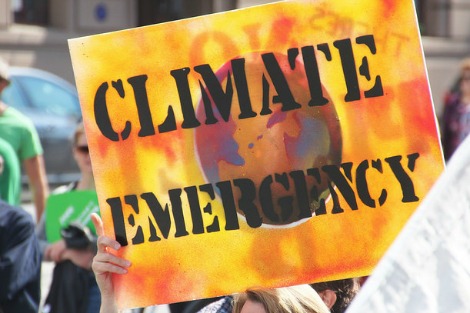
ENVIRONMENT
- Lyn Bender
- 09 February 2016
11 Comments
News about climate change can be depressing. But it was downright shocking to learn that budget cuts to CSIRO have led to the decimation of the agency's climate science. Australia is one of the worst global emitters, yet Australian citizens have outsourced responsibility for climate protection, as they have for refugees. The ease of bipartisan agreement on such crucial dilemmas confirms the point. A dormant electorate creates a negligent, sleeping, self-satisfied and corrupt government.
READ MORE 
-

INTERNATIONAL
- Fatima Measham
- 05 February 2016
9 Comments
The Bernie Sanders phenomenon in the US, like Corbyn in the UK and Podemos in Spain, demonstrates the rhetorical potency of renewal; of politics not as usual. It is the sort of thing that resonates with disaffected young people. While it is not entirely sensible to extrapolate developments in the US to Australia, it is worth speculating on the impact of our own changing demographics. Are the major parties equipped to take advantage of these shifts? Are they appealing to a new Australia that is already here?
READ MORE 
-
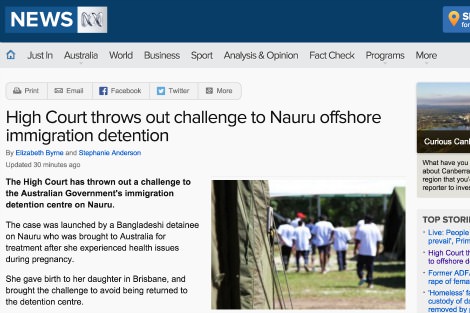
AUSTRALIA
- Frank Brennan
- 04 February 2016
24 Comments
Following Wednesday's High Court decision, the moral depravity of Australian funded offshore detention of asylum seekers, including children, is to continue. There is no joy to be found in our High Court applying a Constitution even more bereft of human rights protections than that of Nauru. It's time for our politicians to address the political and moral question: what purpose is actually served by sending this mum and her baby back to Nauru, when the boats have already stopped and will stay stop?
READ MORE 
-

RELIGION
- Frank Brennan
- 27 November 2015
2 Comments
'The crisis of child sexual abuse in our societies has required that our institutional procedures be more transparent and that we learn from the ways of the world in exercising power openly and justly. This means we have to restructure some of our church arrangements so that power is exercised accountably and transparently. All of us who have positions of influence and power in institutional churches need to be attentive to the voices of those who have suffered within our institutions.' 'Discerning the place for the prophetic voice and pragmatic cooperation of the churches in the great moral questions of the age', address to the Association of Practical Theology in Oceania conference, 26 November 2015.
READ MORE
-

AUSTRALIA
- Gabriela D'Souza
- 09 November 2015
10 Comments
George Megalogenis describes a protest rally in 1849 organised by residents of Sydney against arrivals of more convict boats. Workers who 'wanted to maintain their high-wage society' made 'the first of countless calls that would be made against migrants who threatened to undercut their standard of living'. It is a familiar refrain today. In a world where three-fifths of a person's income is determined by their place of birth, it defies logic that we place restrictions on people's movement to preserve our standard living.
READ MORE 
-

ARTS AND CULTURE
- Sarah Klenbort
- 21 October 2015
6 Comments
A young man introduces himself: Ashley. He has sandy blond hair, a lithe body and an ease and grace with the kids. The lessons are free, but my daughter doesn't wait to for this explanation; she's already picked up a unicycle. 'You need a helmet first,' Ashley explains, and I tap my daughter's arm and sign, 'Helmet'. 'Does she read lips?' he asks. 'If you could just look at her when you're talking,' I say. 'Okay,' he says with the slightest trepidation. 'She's d-d-deaf and I have a stutter.'
READ MORE 
-
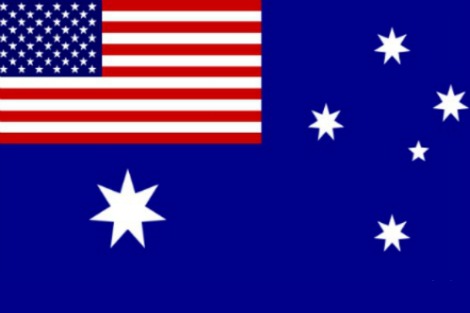
INTERNATIONAL
- Tony Kevin
- 12 October 2015
6 Comments
'Other countries in response to one mass shooting have been able to craft laws that almost eliminate mass shootings,' said Barack Obama earlier this month. 'Friends of ours, allies of ours, Great Britain, Australia — countries like ours.' Thankfully, America is not like Australia. Though many Australians feel a natural envy for our confident, successful cousin, many disturbing developments — Tea Party style politics, anti-immigrant nativism, know-nothing anti-science — have roots traceable to the US.
READ MORE 
-

AUSTRALIA
- Binoy Kampmark
- 07 October 2015
3 Comments
According to WikiLeaks, the Trans-Pacific Partnership is the 'icebreaker agreement' for what will be a 'T-treaty triad' which will ultimately apply to 53 states, 1.6 billion people and two-thirds of the global economy. Each of the countries was being sold the implausible idea that the agreement was too large not to sign, that this was the train of history that needed to be occupied, even if seating was in third class. What was on sale, however, was a dogma of corporate benefit rather than public welfare.
READ MORE 
-
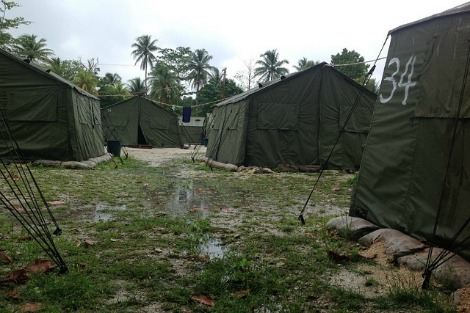
AUSTRALIA
- Frank Brennan
- 05 October 2015
28 Comments
Anyone hoping a Turnbull government will be more accommodating of boat people than an Abbott government will be sadly mistaken. But that is not the end of the matter. Now that the government has firmly closed the entry door to Australia, there is no warrant for maintaining the chamber of horrors in the Pacific which was set up as a 'circuit breaker' deterrent. Turnbull needs to admit that a purposeless chamber of horrors is not just harsh; it is cruel, and it is unAustralian.
READ MORE 